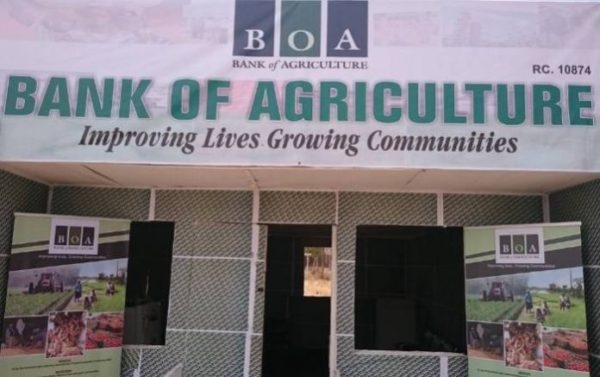There are no products in your shopping cart.
| 0 Items | £0.00 |


Ayo Akinfe
[1] All of Nigeria's 774 local government areas will be obliged by law to organise their farmers into cooperative units. A bill to that effect will be passed by the National Assembly soon
[2] Farmers will be encouraged to sell their produce, buy seedlings, pesticides and fertilisers, as well as farming equipment through these co-operatives to maximise efficiency and overhead costs. Cooperatives will be sold all these products at reduced rates to pass on to their members
[3] Every local government area must build at least one food storage facility within its domain. A Nigerian National Food Security Bill will be passed to this effect
[4] An agricultural tax will be paid to the local government by all farmers to help provide and maintain the necessary services to support farming programmes
[5] Agricultural cooperatives will be encouraged to move into value-added activities and will be provided with loans to facilitate such activities. This will include seed crushing, grain milling, cocoa, grinding, coffee roasting, etc
[6] Nigeria's Bank of Agriculture will by law only be allowed to offer loans to farmers through their farming cooperatives at maximum rates of 5%
[7] Farmers will be encouraged to venture into organic agriculture because of the high premiums that this commands
[8] Cooperatives will be encouraged to buy their members high-yielding hybrid seedlings to enhance unit-per-head output
[9] Seed companies will be offered tax holidays and land leases to come and set up plants and facilities within Nigeria
[10] Processing companies and food manufacturers like Cadbury, Nestle, Mars, Kelloggs, Tate & Lyle, Unilever etc, will be encouraged to establish plants in Nigeria to facilitate vertical integrated production. Our ultimate goal is to export finished, packaged and shelf-ready products to international markets. Tax holidays, 100 year land leases, duty waivers, etc, will all deployed to full effect